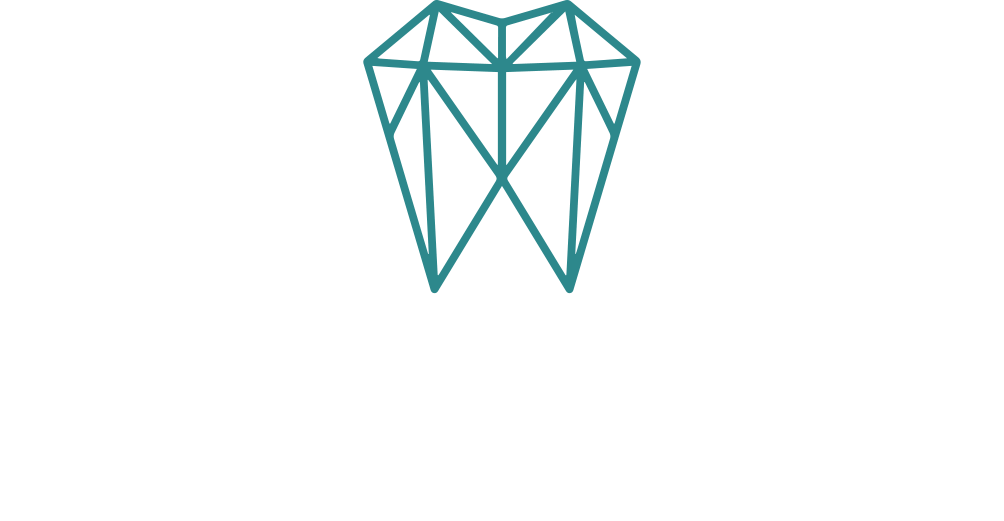Antibiotics are generally used to treat bacterial infections, but in some cases, they are used to decrease the chances of infection. This method is called Antibiotic Prophylaxis.
Why is this treatment used before dental procedures?
During some dental treatments, bacteria from the mouth may enter the bloodstream. In most cases, our immune systems are well equip to kill the bacteria before they cause harm. For other patients with heart conditions, there is a greater risk of this bacteria causing an infection in other parts of the body. Antibiotic Prophylaxis offers these patients more protection against potentially harmful bacteria.
Who may benefit from this treatment?
Individuals with the below conditions may benefit from this treatment;
Artificial Heart Valves
A history of an infection of the lining of the heart or heart valves (Endocarditis)
Heart transplant
Certain heart conditions that are present from birth
Some cases of joint replacement (see below)
Please note that every case is different, so please be sure to speak with your dentist.
Knee or Hip Replacement
Antibiotic prophylaxis is not typically recommended by the ADA for individuals who have undergone hip, knee, or other joint replacement. If you have had joint replacement surgery but also have a weakened immune system, it is probably a good idea to speak further with both your dentist and orthopedic surgeon to see if this is a treatment you should pursue. Conditions that may compromise your immune system include, but are not limited to diabetes, rheumatoid arthritis, cancer and certain medications used to treat cancer.
What can you do?
Always be sure to update your dentist regarding any changes in your health since your last visit. It is important that your dentist knows all the medications you are taking. This will help to ensure you are receiving the best care based on your complete health history. Dental health and general health are intertwined and must be addressed as a whole. You should always feel free to speak with your dentist about your health, even if you do not believe it to be related to your mouth, you may be surprised!
Home care is always important in maintaining a healthy smile and lifestyle. Be sure to brush twice a day, floss once a day, eat a healthy diet and schedule regular visits to your dentist!
Sources:

